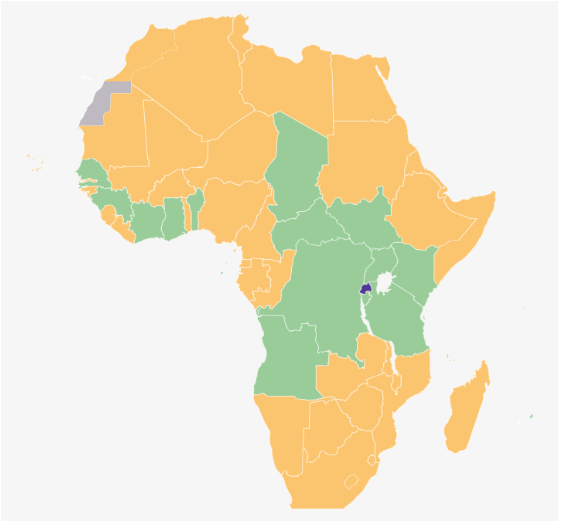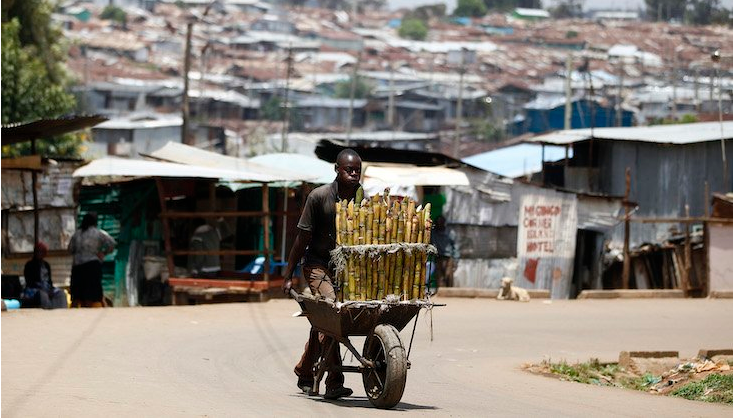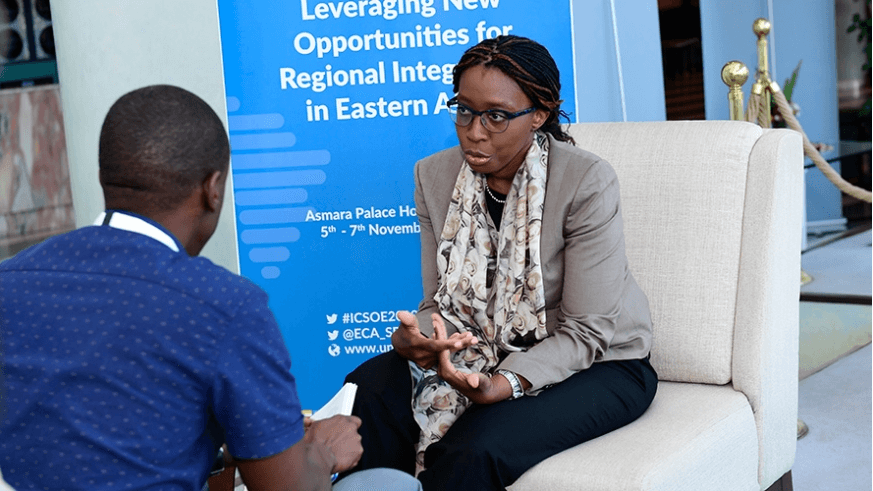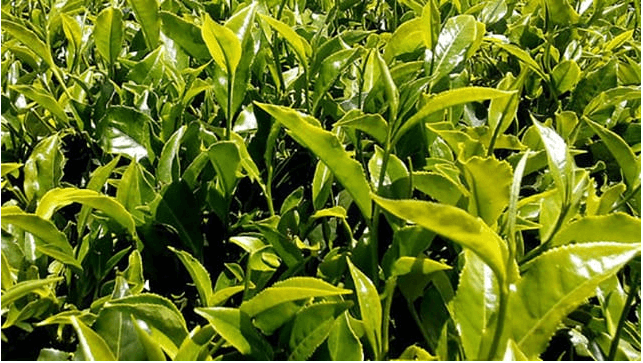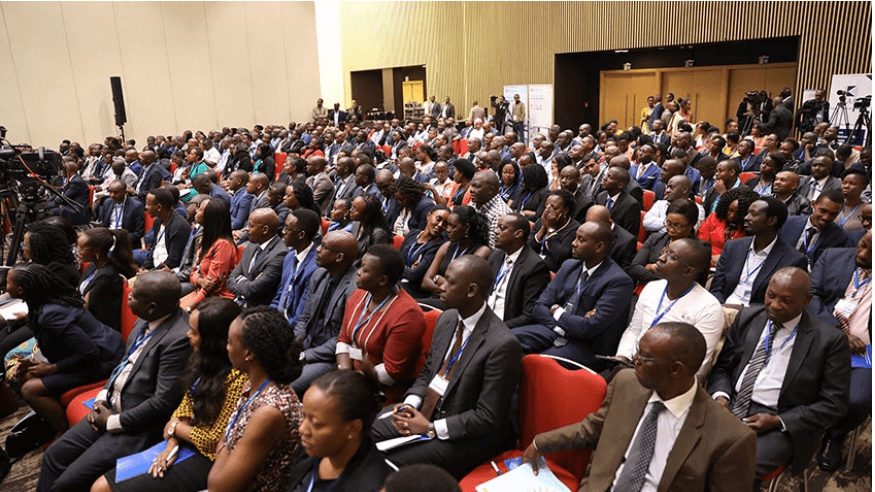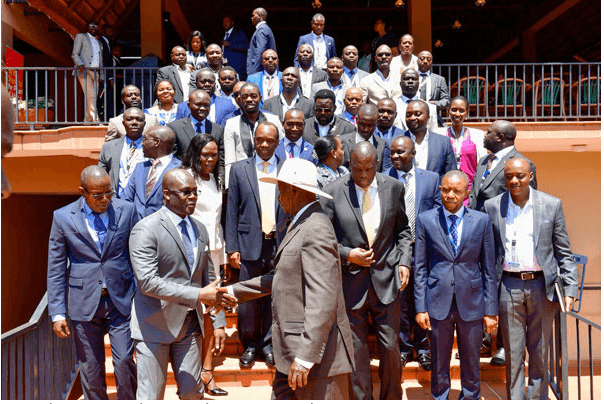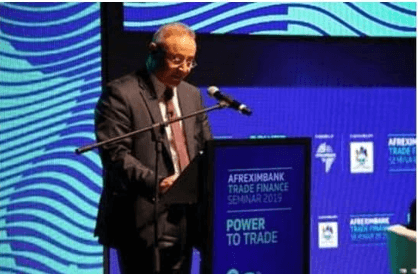The African Development Bank said Monday that many countries still maintain unnecessary visa restrictions which are impeding the pace of integration. In its latest visa openness index released in Johannesburg on the sidelines of the Africa Investment Forum, the Bank says few Africans can cross freely to another, but did not condemn any particular nation. In 2019, shows the index, only 26% of Africans are able to get visas on arrival in other African countries. This means that when one wants to travel to some countries, they have to either go to an embassy in a 3rd country or even strangely get the visa from embassy of a European country in their country. For example, this case shared by Patience Mutesi Gatera is typical of how rigid Africa borders are. On October 18, this is what she posted on Twitter: “Just met a friend who flew from #Kigali to #Nairobi just to get a Visa to #Malawi. The Visa costs $100, KGL-NBO return ticket $325 plus a full day wasted just to go get a stamp in your passport! Fam, we have a long way to go! #Africa WAKEUP!” Mutesi is no alarmist. She is Rwanda Country Director for TradeMark Africa, a trade development group, that among its projects has been building one-stop borders. The AfDB is calling on the continent to “make more progress on visa regimes, including introducing visas-on-arrival.” By breaking down borders,adds the Bank, Africa will be able to capitalize on gains from regional integration initiatives such...
In East and Central Africa, Rwanda Is Easiest To Access For Other Africans
Posted on: November 13, 2019
Posted on: November 13, 2019

